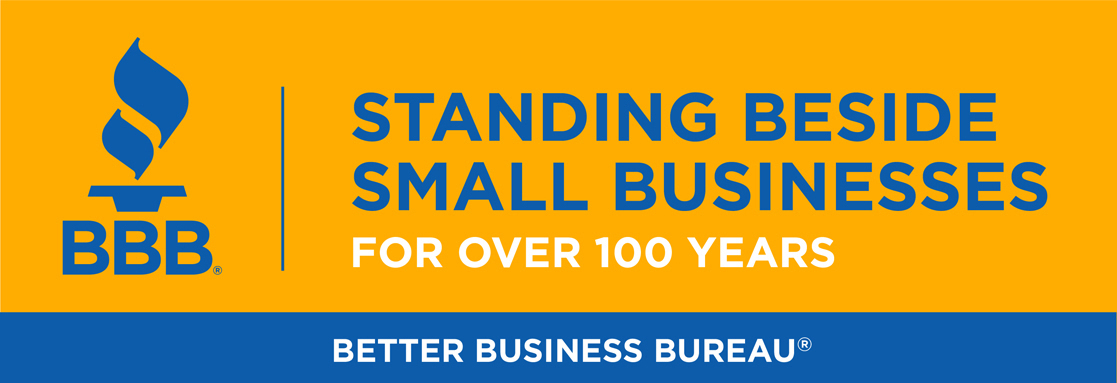SAT and ACT scores are a big deal, and high school students and their families invest significant time and money into preparing for these college admissions tests. Scammers know this, and BBB has received reports of scammers taking advantage of students by tricking their families into paying for bogus SAT and ACT prep materials.
This scam usually takes the form of a caller claiming to be from the College Board, the company responsible for SAT and ACT tests, or a similar educational organization. The caller will say they need to confirm your address or payment information to send test prep materials, like books, CDs or videos, that your child requested at school.
In some reports, the caller knew the child’s personal information such as name, phone number and school address – making the call more believable.
If you receive a call like this, don’t give personal information or money to the caller without doing your research first. If someone claiming to be with the College Board asks you to pay over the phone, that’s a red flag.
How to avoid test prep scams:
• Know how the College Board will contact you. The College Board will never ask you for bank or credit card information over the phone or via email. If a caller suggests otherwise, hang up.
• Be wary of unsolicited callers. If someone calls out of the blue, always research their organization before you share personal information or payment. Look up the business they claim to represent at BBB.org. Search the name along with the words “scam” or “complaint” to find out if others have had negative experiences, and check BBB Scam Tracker for reports about the company.
• Double check with your student. If someone says they are calling about a service your child requested, hang up and talk to your child. Make sure their claims are legitimate before you call back or send any money.
• Don’t give your financial information to strangers. Never agree to pay a stranger for a purchase you did not initiate. Do not provide details about your credit card, debit card, bank account number, prepaid cards or digital wallet. Do not wire money or use an app to send money to a stranger.
• Don’t trust caller ID. Remember that caller ID can be spoofed. Just because the caller ID says “College Board,” doesn’t mean that the call is legitimate.
• Report it. If you suspect you’ve been contacted by a scammer, report the call to help protect yourself and others:
• Report it to BBB Scam Tracker.
• Report it to the FCC.
• Report it to the FTC.




Facebook Comments